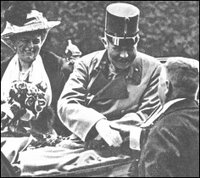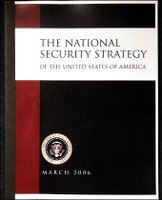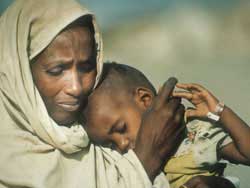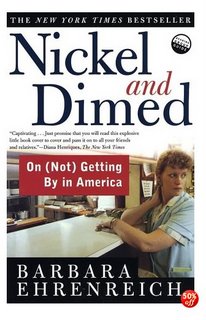I have always been a stickler for getting places on time. Job interviews, meetings, doctor's appointments, and even movie showings---I always try to arrive a bit early. This penchant for promptness must be deeply ingrained within my body because it is manifested in my monthly cycle. After I got my first period at age 12 (which shocked the living daylights out of me), my period has been as reliable as a Swiss watch.
Like a credit card bill that turns up in your mail every 10th of the month, my period is a regular---and irritating---part of my life. Whenever my skin starts to break out and my abdomen begins to swell, I know it's time to stock up on my Always and Tampax. Aunt Flow has come for a monthly visit for over ten years of my life. Ten years! That means I've spent well over five hundred dollars on feminine products alone. Do you know how many pairs of shoes I could buy with five hundred bucks? Or how many orphans I could feed?
Spending money on maxi-pads and tampons is only the start of my problems. There's also the mind-numbing cramps and the ever-pressing worry of leakage. (Gross.) On top of the pain is also the inability to wear light-colored pants when I have my period--- just as a precaution, but a necessary one. And don't get me started on the cute pairs of underwear that have been ruined due the early arrival of an unexpected "guest." (Gross again, but very true.)

Yet if there is one good thing about my period, it is its reliability. If I have to suffer through this bleeding every month, then I might as well know when to expect it---and my period has been happy to oblige in keeping a steady arrival/departure schedule. If my period arrives on the 20th of June, then I can expect to have my next one around the 20th of July. Easy as that. In the past ten years I have never missed a period. Yes, I have been late to a few meetings and I've missed a few previews at the movies, but I have never missed a period.
And so it really worried me this month when my period was two weeks late. I have been over a week late before, but that was during a time of my life when I was really stressed out and not eating properly. This month however has been relatively stress-free so I couldn't understand why my period was ignoring me.
Irrational fears began to swirl in my head. Could I be pregnant? Of course not, I thought. Pregnancy requires sex and let's just say I've been in a dry spell for over two decades. Then my fears swung in the opposite direction: what if I was infertile? Did I use up all my eggs? I cursed my ovaries. They should have told me they were running low on supplies!
Pregnant? Infertile? I began planning a trip to the doctor when...hallelujah...my period arrived to save the day. Phew! I wouldn't become the next Virgin Mary and I still have a few eggs to spare. My fears were sloughed away.
So my period was two weeks late---but for the first time in my life, I've never been so happy to see it arrive.







































